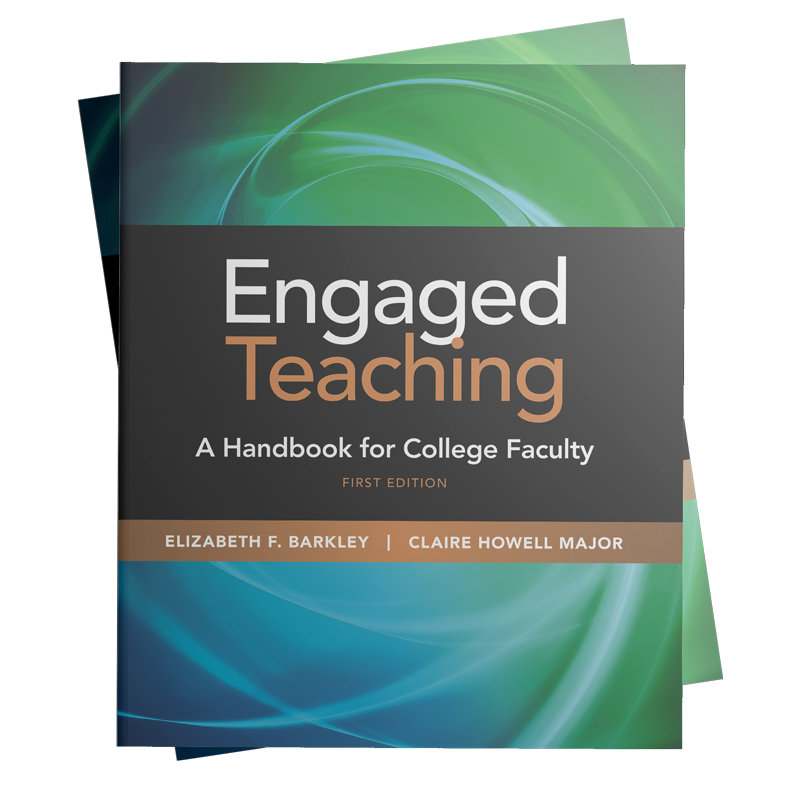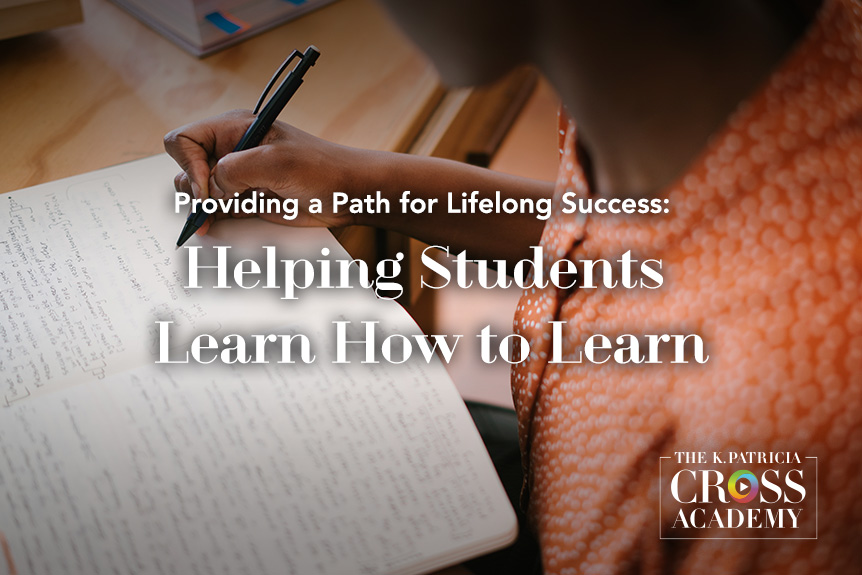
Making online courses enjoyable can have great benefits. A fun learning experience not only enhances student engagement but also fosters a genuine passion for seeking and gaining knowledge. By infusing fun into online courses, instructors can inspire a more joyful and interactive approach to learning.
The Fundamentals of Making Online Courses Fun
Several educational concepts can be applied to make online courses more fun for students:
- Engagement: The core of fun in online courses lies in student engagement. This involves capturing students’ interest, sparking their curiosity, and motivating them to actively participate in the learning process.
- Interactivity: Online courses can be made more enjoyable by creating opportunities for students to interact with the material, their peers, and the instructor. Interactive elements provide a sense of involvement and connection.
- Choice and Autonomy: Allowing students to make choices about their learning path or assignments instills a sense of autonomy, enabling them to explore topics that genuinely interest them.
- Progress and Feedback: Providing immediate feedback and opportunities to track their progress gives students a sense of achievement and helps them understand their strengths and areas for improvement.

General Strategies for Making Online Courses Fun
Keeping the fundamentals in mind, here are specific strategies and activities that can make online courses more enjoyable for students:
- Interactive Discussions: Facilitate lively and constructive discussions through engaging prompts and multimedia content. Active participation and interaction with their peers can transform the online classroom into a vibrant community of learners.
- Choice-Based Assignments: Offer a variety of assignments related to the course material and allow students to choose the topics or formats that resonate with their interests. This approach turns assignments into enjoyable opportunities for self-expression and exploration.
- Real-World Applications: Assign tasks that require students to apply their learning to real-world scenarios or case studies. The practical application of knowledge adds relevance and excitement to the course.
- Storytelling and Scenarios: Incorporate storytelling elements or scenario-based learning to make the content more relatable and engaging. By creating narratives, students can connect with the material on a personal level.
Students are more likely to remember and apply knowledge when it’s gained in an enjoyable context. The connection between fun and learning enhances the retention of material.

Benefits of Making Online Courses Fun
By infusing the spirit of enjoyment into online courses, faculty members can achieve a range of benefits, both for themselves and their students. Understanding these advantages can inspire educators to take steps to make their courses more enjoyable:
- Enhanced Engagement: Fun learning experiences captivate students’ attention, resulting in higher levels of engagement. An active and motivated student is more likely to absorb and retain course content.
- Increased Motivation: Fun activities serve as intrinsic motivation, as students are driven by their enjoyment of the learning process. This motivation often leads to better performance.
- Increased Achievement: Completing enjoyable assignments or activities creates a sense of accomplishment, boosting students’ confidence and overall satisfaction with the course.
- Enhanced Community: Engaging, fun activities can bring students together in a sense of shared enjoyment. Collaborative experiences help build a sense of community among learners.
- Improved Retention: Students are more likely to remember and apply knowledge when it’s gained in an enjoyable context. The connection between fun and learning enhances the retention of material.
Cross Academy Techniques for Making Online Courses Fun
Team Jeopardy is a game in which student teams take turns selecting a square from a grid that is organized vertically by category and horizontally by difficulty. Each square shows the number of points the team can earn if they answer a question correctly, and more challenging questions have the potential to earn more points.
A Role Play is a created situation in which students deliberately act out or assume characters or identities they would not normally assume.
In an Online Resource Scavenger Hunt, students use the Internet to engage in fact-finding and information-processing exercises using instructor-specified library and Internet sources.
As educators, our responsibility is to inspire and empower students to love the process of learning.
Conclusion
By implementing strategies such as interactive discussions, choice-based assignments, real-world applications, storytelling, and virtual exploration, instructors can make online courses more enjoyable and inspiring, which can lead to many benefits. The benefits of making online courses fun, including enhanced engagement, improved retention, increased motivation, a sense of achievement, and the fostering of a vibrant learning community, make it a worthwhile endeavor. As educators, our responsibility is to inspire and empower students to love the process of learning. By infusing enjoyment into online courses, we can transform the virtual classroom into a place where students eagerly participate, absorb knowledge, and cultivate a lifelong passion for learning.
Suggested Citation
Barkley, E. F., & Major, C. H. (n.d.). Making online courses fun: Engaging students with enjoyable learning experiences. CrossCurrents. https://kpcrossacademy.org/making-online-courses-fun/

Engaged Teaching
A Handbook for College Faculty
Available now, Engaged Teaching: A Handbook for College Faculty provides college faculty with a dynamic model of what it means to be an engaged teacher and offers practical strategies and techniques for putting the model into practice.







